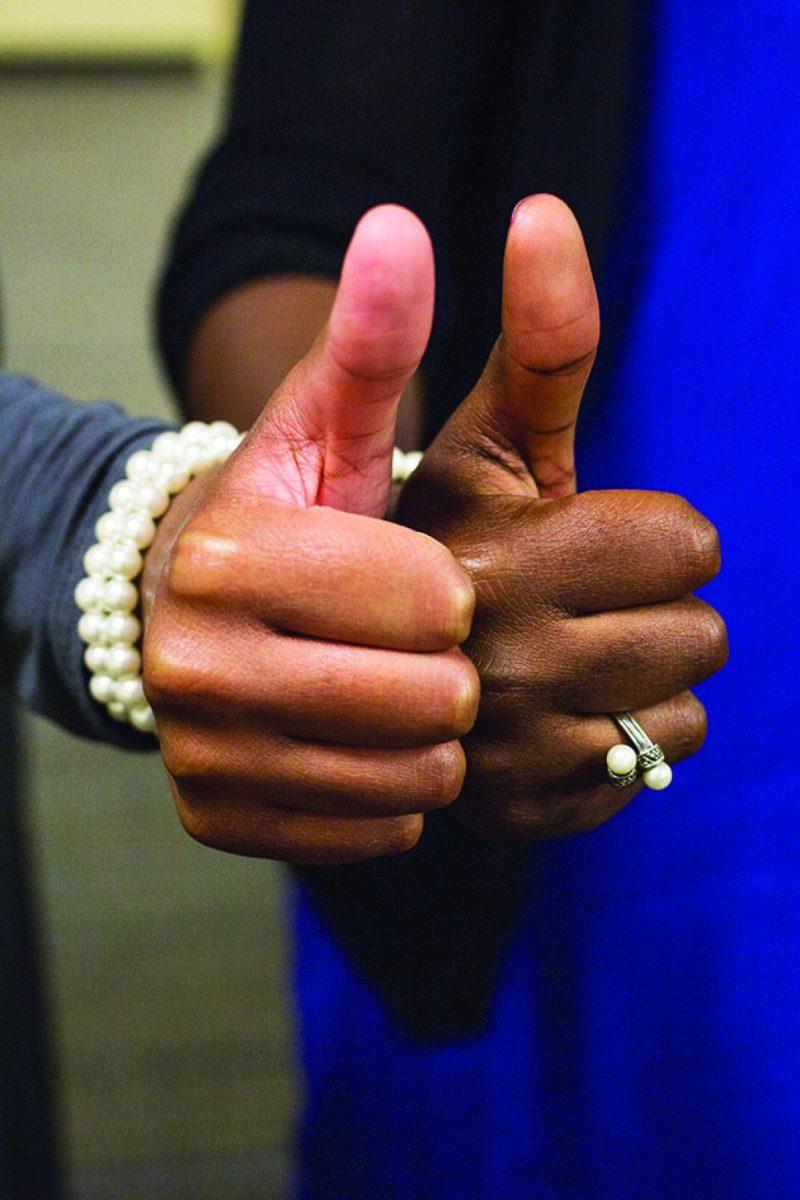The start of Black History Month on Sunday brings with it discussions of the importance of black history in America.
Joe Feagin, sociology professor, said Black History Month helps to bring issues to the forefront of education.
“The history of African Americans is not publicly discussed very much,” Feagin said. “So to have a month where it is discussed is better than nothing, of course. We do have a very deep and foundational racist history. We’re the only advanced industrialized country that’s founded on slavery.”
Feagin said more than half of American history consists of the enslavement or segregation of African Americans and it is important that history be told.
“Those folks pushed back for what, about a century, 70, 80 years,” Feagin said. “They played a key role in bringing down the slavery system. So that story needs to be told of black resistance, black heroism, blacks standing up as the first Americans to articulate, ‘We really mean liberty and justice for all Americans.’”
Sahar Aziz, associate professor of law at the Texas A&M School of Law, said Black History Month is a corrective measure aimed at offsetting the lack of representation of African-Americans in the educational system, especially in the public school system.
“It is a concentrated way of having one month where there is a reason for focusing on African-American history in the United States,” Aziz said. “However, that is not a super long-term solution because ultimately the objective of Black History Month should be to normalize African Americans as part of the everyday teaching of students and the everyday topics of discussions on any social or public policy issue.”
Aziz said some people ask why there isn’t a white history month, but said the history taught in the United States is taught from a white perspective year-round.
“So that is the baseline and that’s why we don’t need white history month because that is already permeated, fully integrated into the American educational system,” Aziz said. “Frankly, every day is white history day. And so it’s time now to make it everyday a diverse American day and we’re not there yet.”
Annie Williams, director of service and outreach for the Black Student Alliance Council, said it’s important to study history — black history included — because it is essential to know how society got where it is today.
“Black history is American history,” Williams said. “It’s important to know how we got to where we are, to know who got us here so we can continue to work for the future.”
BSAC President Chelsea Jones said it would be nice to see events continued throughout the year, not just in February.
“It’d be nice to see black history continue after the month of February,” Jones said. “I feel like I lose some of my spark after the month ends. I think we should try to keep it going throughout the whole year.”
Jones said the BSAC will hold events throughout the week, including a surprise kick-off event at noon Monday in Rudder Plaza.
Other events the BSAC will host throughout this week include a black cinema night and a symposium titled “State of the Black Aggie.”
Michelle Gunter, president of the Texas A&M Black Law Student Association, said the BLSA would also host events at the law school throughout the week, kicking off with a day of silence Monday in honor of victims of police violence.
Black History Month hits on deficiencies in education
February 1, 2015
Allison Bradshaw— THE BATTALION
BSAC officers Chelsea Jones and Annie Williams will help host campus events this week.
0
Donate to The Battalion
Your donation will support the student journalists of Texas A&M University - College Station. Your contribution will allow us to purchase equipment and cover our annual website hosting costs.
More to Discover









